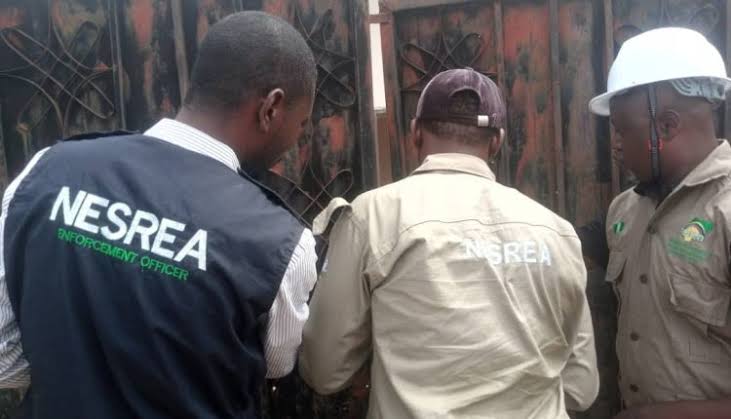General of the National Environmental Standards and Regulations Enforcement Agency, has issued a warning to establishments, advising them to rectify any operational compliance gaps in order to avoid penalties.
Barikor issued the warning after being briefed on the regular compliance monitoring conducted by NESREA throughout the 36 states and the Federal Capital Territory.
Barikor was not pleased with the blatant disdain that facilities were showing for established environmental rules.
“We keep noticing a worrisome trend where some facilities discharge effluents without treatment and operate without the necessary environmental documents such as Environmental Impact Statement, Environmental Audit, and Environmental Permit,” the agency said in a statement on Friday, quoting the DG. We cannot permit this.
“Facilities where these breaches occurred have received letters of compliance concerns to alleviate the annoyance. The agency will not hesitate to sanction any facility that pollutes the environment.

Since January, NESREA has shut down 75 non-compliant establishments, and enforcement is ongoing.
It said that the agency has produced 36 National Environmental Regulations that span across diverse sectors of the economy to ensure that operations of facilities and enterprises do not negatively damage the environment.
In Essence
The agency’s actions reflect an increasing awareness of the need for corporate accountability in environmental protection.
By issuing letters of compliance concerns and shutting down non-compliant facilities, NESREA is signaling that businesses must prioritize sustainable practices and adhere to legal environmental standards.
However, the recurring issue of facilities discharging untreated effluents and operating without proper environmental documentation, such as Environmental Impact Assessments (EIAs) and permits, shows a significant gap in enforcement and corporate responsibility.
These violations not only endanger public health but also harm ecosystems. NESREA’s consistent monitoring, coupled with penalties, is vital to curbing environmental degradation, but it may also need to focus on stronger preventive measures, such as increased public awareness, incentives for compliance, and collaboration with industries for gradual improvements.

















